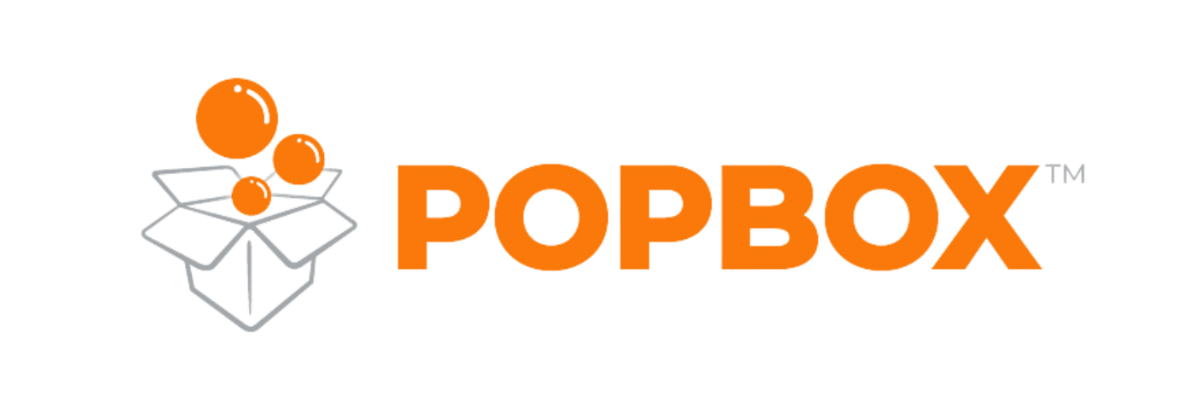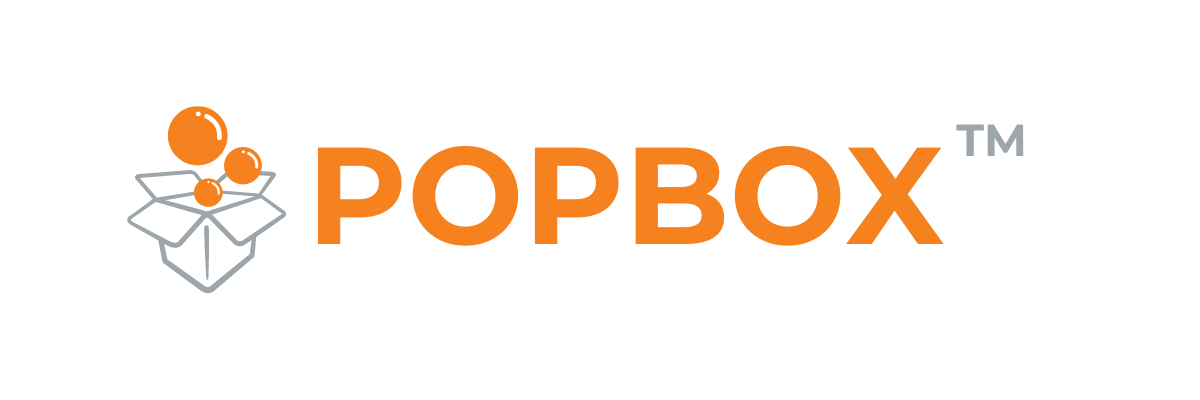
Having the right phone system is critical for keeping your team connected. Whether they’re in the office, working remotely, or spread across multiple locations. But with so many options available, how do you decide which system is the best fit for your business?
Business Phone Systems vs. Personal Cell Phones
Before we dive into the options, it’s important to understand why a professional business phone system is a better choice than relying on personal cell phones, especially when your team and customer interactions start to grow.
Here’s why:
- Easier call transfers: Quickly send calls to the right person or department. No need to ask customers to hang up and dial another number.
- More professional: All outgoing calls show your business name and number, not someone’s personal cell.
- Protects your team’s privacy: Employees don’t have to give out their personal numbers, and they won’t get customer calls after hours.
- Works with the tools you already use: Many systems connect with platforms like Microsoft Teams to keep everything in one place.
- Helpful features built in: Record calls for training, use auto-attendants, and even take advantage of AI tools like call summaries and smart routing.
Now that we’ve covered the value of a business phone system, let’s break down which type might be the best fit for your needs.
Different Types of Business Phone Systems
Desk Phones: The Classic Choice

Desk phones are the traditional office staple. They’re reliable, easy to use, and don’t require much training. If your business operates in a single location with a steady team that doesn’t need to move around, desk phones might still be a good fit.
Pros:
- Simple and familiar.
- Great for offices with consistent setups.
- Reliable for voice calls.
Cons:
- Limited mobility.
- Higher upfront costs for equipment.
- Not ideal for hybrid or remote teams.
Softphones: Flexibility at Your Fingertips

Softphones are software-based phone systems that run on your computer or smartphone. They’re perfect for hybrid or remote teams that need mobility and flexibility. With softphones, all you need is an internet connection and a device to make and receive calls.
Pros:
- Extremely portable and flexible.
- No hardware required.
- Easy integration with other apps like email or CRM systems.
Cons:
- Dependent on internet quality.
- Requires training for employees unfamiliar with the interface.
- May need additional security measures.
VoIP: The All-in-One Solution

VoIP (Voice over Internet Protocol) phones combine the best of both worlds, offering the reliability of desk phones with the flexibility of softphones. These systems run over the internet, making them ideal for businesses with hybrid or multi-location teams.
Pros:
- Cost-effective, especially for long-distance calls.
- Scalable for growing businesses.
- Advanced features like call forwarding, video conferencing, and virtual assistants.
- Secure when configured correctly.
Cons:
- Depends on a stable internet connection.
- May require support from a VoIP provider for setup and maintenance.
Make the Most of Your System with Tools Like Microsoft Teams
If your team already uses Microsoft Teams to chat or meet, you can also use it to handle phone calls, just like a regular business phone. With over 320 million users, Teams has become the go-to hub for workplace communication, making phone integration a smart move. By adding Teams Phone, you can make and receive calls directly in the app, alongside chat, meetings, and more.
It’s a simple way to stay organized, look professional, and keep your team connected. Plus, you can tap into advanced tools like call transfers, voicemail, AI-powered virtual agents, and even unified communication + contact center solutions, all in one place.
Why VoIP Is the Future of Business Phone Systems
For most businesses, VoIP strikes the perfect balance between cost, flexibility, and security—especially for hybrid teams that need to stay connected across multiple locations. But beyond just making calls, modern VoIP systems offer real business advantages:
- Lower costs – Some businesses have cut data center expenses from $17K/month to $7K/month.
- Improved customer experience – Integration with cloud tools and AI makes it easier for customers to connect.
- Stronger brand reputation – Clear, consistent communication leaves a more professional impression.
- Higher customer retention – Happier, well-supported customers are more likely to stay.
- Increased productivity – AI-powered virtual agents can handle routine tasks, freeing up your team.
- Industry-specific gains – For example, healthcare providers can see better patient communication and outcomes.
With secure connections, remote access, and smart integrations, VoIP is more than a phone system, it’s a tool for growth.
How to Choose the Right System for Your Business
- Assess Your Team’s Needs: Are your employees working remotely, in the office, or a mix of both?
- Consider Your Budget: Factor in upfront costs, ongoing fees, and potential savings from advanced features.
- Prioritize Security: Especially if you’re handling sensitive calls, make sure your system includes encryption and other security measures.
- Think About Scalability: Choose a system that can grow with your business.
Empower your team to work smarter, communicate better, and stay connected wherever they are!





